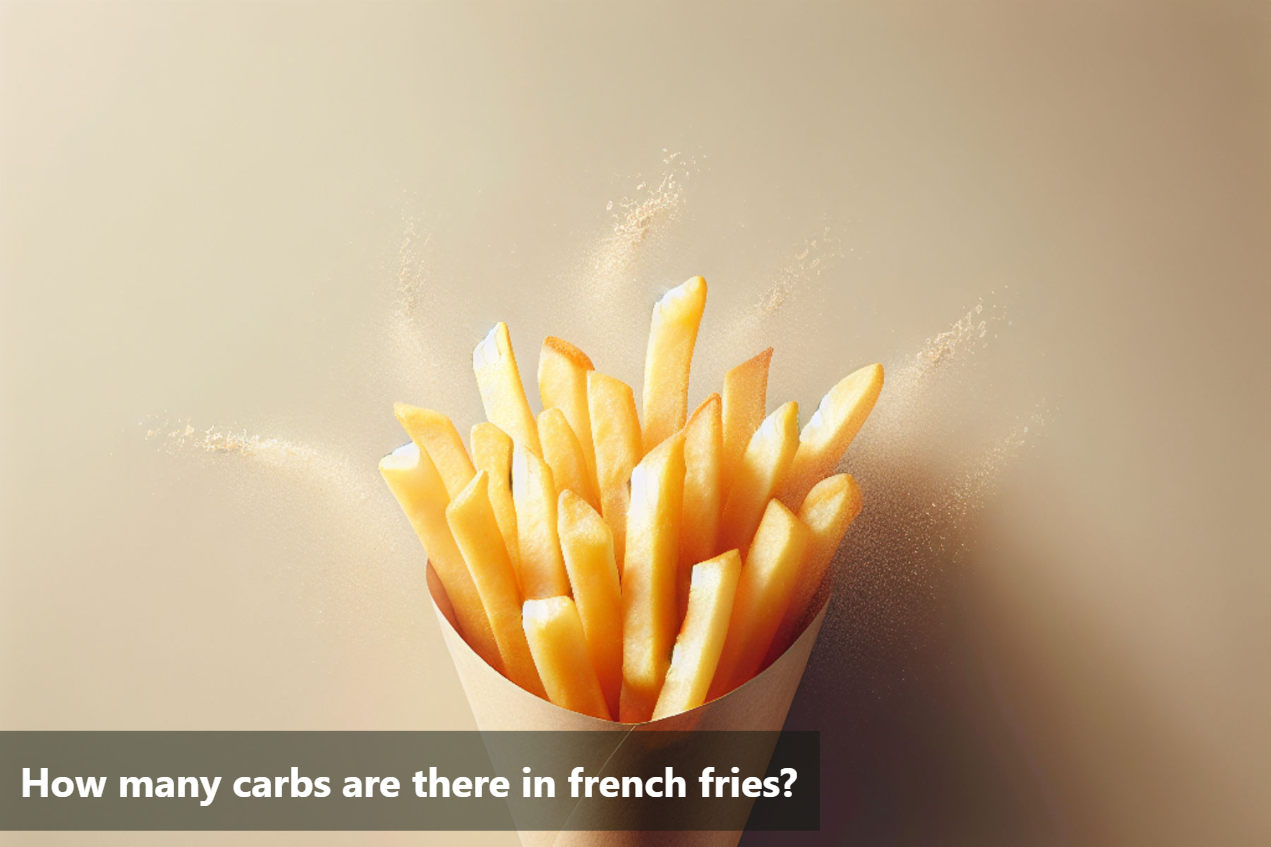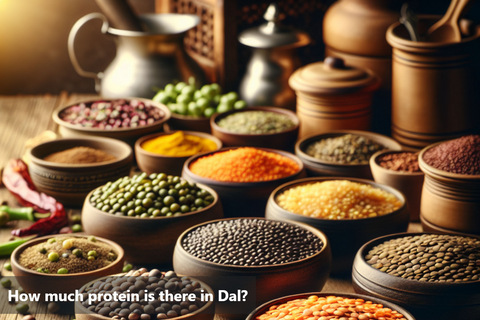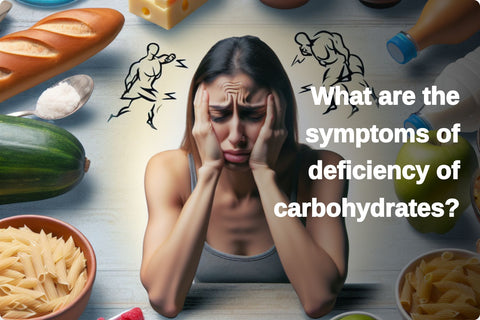
How many carbs are there in french fries?
French fries, a popular and beloved fast food item, are undoubtedly a go-to choice for many. Crispy on the outside and fluffy on the inside, these golden strips of goodness often find a place on our plates. With the increasing emphasis on healthy eating habits and nutritional transparency, the carb content in french fries has garnered significant interest among consumers. Whether you are mindful of your carbohydrate intake for health reasons or simply curious about the nutritional profile of your favourite snack, knowing the carb count in french fries can aid in making informed decisions. Let's break down the carb content in french fries to understand the impact of this beloved indulgence on our overall dietary intake.
Nutritional Information of French Fries
One serving (100 grams or about 1/2 cup) of french fries made from fresh potatoes and fried contains:
|
Calories |
196 |
|
Fat |
13.1g |
|
Sodium |
141mg |
|
Carbohydrates |
18.5mg |
|
Fibre |
1.6g |
|
Sugars |
1.3g |
|
Protein |
1.9g |
|
Vitamin C |
9.7mg |
5 Delicious Homemade French Fry Recipes to Try Today
|
Recipe |
Instructions |
|---|---|
|
Classic French Fries |
1. Wash and peel potatoes. |
|
Sweet Potato Fries |
1. Wash and peel sweet potatoes. |
|
Garlic Parmesan Fries |
1. Prepare classic French fries. |
|
Chili Cheese Fries |
1. Prepare classic French fries. |
|
Loaded Baked Potato Fries |
1. Prepare classic French fries. |
Comparison with Other Foods
-
When it comes to carbs in French fries, a medium serving typically contains around 47 grams of carbohydrates. This number may vary slightly based on the cooking method and portion size.
-
Compared to other foods, this carb count in French fries is relatively high. For instance, a medium-sized baked potato has approximately 37 grams of carbs, and a slice of bread contains around 15 grams. Therefore, it is evident that French fries tend to be carb-dense compared to these alternatives.
-
Moreover, when looking at carb content, it is essential to consider nutrient density as well. Foods like whole grains and vegetables not only provide carbohydrates but also offer essential vitamins, minerals, and dietary fibre, which are beneficial for overall health.
While French fries can be enjoyed in moderation, being aware of their carb content and opting for other nutrient-rich foods is crucial for a well-rounded diet.
Health Implications of Excessive Carb Intake
Consuming high-carb foods like french fries regularly can have significant health implications.
-
The amount of carbs in french fries can contribute to various health risks if intake is excessive.
-
French fries are typically high in carbohydrates due to the starchy nature of potatoes and the frying process which adds extra calories and carbs.
-
Excessive carb intake, especially from foods like french fries, can lead to weight gain and obesity.
-
The body converts excess carbs into glucose, which if not used for energy, is stored as fat. This can increase the risk of developing obesity-related conditions such as heart disease, diabetes, and hypertension.
-
Moreover, a diet high in refined carbohydrates like those found in french fries can cause spikes in blood sugar levels. This can lead to insulin resistance over time, potentially culminating in type 2 diabetes.
-
Additionally, high-carb diets have been linked to inflammation in the body, which is associated with various chronic diseases.
Being mindful of the carb content in foods like french fries and moderating their consumption can help prevent these health risks. Opting for healthier alternatives or enjoying french fries in moderation as part of a balanced diet can contribute to better overall health and well-being.
Exploring Carbs in French Fries: A Detailed Look
Understanding the carb content in french fries is crucial for maintaining a balanced diet and making informed food choices. By recognising the significant carb load in french fries, individuals can better manage their daily carb intake and make adjustments to their overall eating habits. Being mindful of how many carbs are present in french fries can aid in preventing potential health implications associated with excessive carb consumption.
It is important to acknowledge that while french fries can be a tasty indulgence, they should be enjoyed in moderation to avoid exceeding daily carb limits. Monitoring carb intake from foods like french fries can contribute to a more balanced and healthier diet overall.
Remember, the key is not to completely eliminate french fries or other high-carb foods but rather to consume them in moderation while incorporating plenty of nutrient-dense options into your meals. Stay informed, make conscious choices, and strive for a well-rounded diet for optimal health and well-being.
This Blog post is an initiative by Lo! Foods, to provide accurate and Nutritionist / Doctor approved information related to Health. Lo! Foods is India's leading brand for Everyday Functional Foods. Foods designed for specific Health conditions or Needs. Lo! Foods also runs India's largest range of Low Carb Healthy Cloud Kitchens, under the brand names of Lo!, ProteinChef, ATH (All Things Healthy) and DiabeSmart.

















Leave a comment
Your email address will not be published.